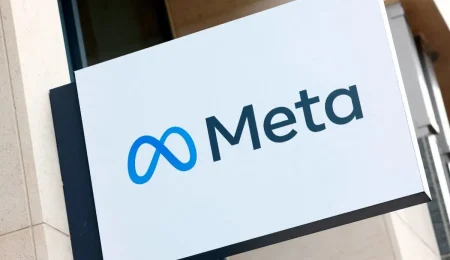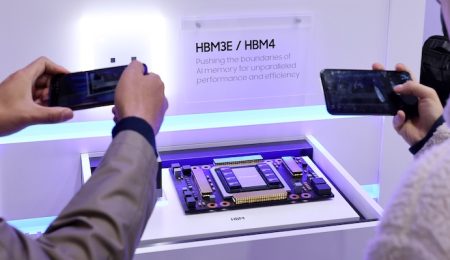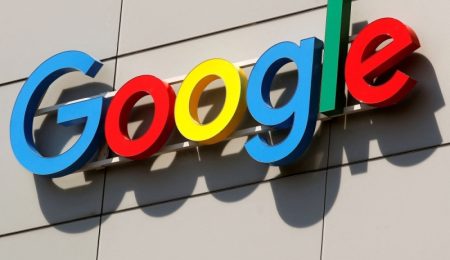For the fourth time, President Donald Trump has delayed enforcement of a bipartisan law that would effectively ban TikTok in the United States due to its ties with Chinese parent company ByteDance. The latest extension, signed via executive order on Tuesday, pushes the deadline to at least December 16.
This decision follows Treasury Secretary Scott Bessent’s announcement that US and Chinese officials had reached a preliminary framework to resolve the long-standing ownership dispute. Trump and Chinese President Xi Jinping are expected to speak later this week to finalize details.
The law, which was upheld by the Supreme Court, requires ByteDance to divest from TikTok or face removal of the app from US app stores and servers. Despite its enactment before Trump’s second inauguration, the president has repeatedly issued orders halting enforcement, allowing platforms like Apple and Google to continue offering TikTok.
National security concerns have surrounded TikTok for years, with lawmakers and intelligence officials warning the app could enable Beijing to collect data on Americans or push propaganda.
Trump previously attempted to ban the app during his first term but has since shifted his stance, even praising TikTok for helping connect with younger voters. The White House recently launched its own TikTok account.
While Trump has repeatedly claimed that a sale is close, no final deal has been disclosed. Talks have included major US companies like Oracle and Silver Lake, but any agreement would still require Chinese government approval.
Commerce Secretary Howard Lutnick warned in July that the app could “go dark” if China doesn’t agree to the terms, stating that ByteDance can retain a minor stake, but Americans must control the technology and algorithm.
An earlier deal reportedly collapsed after Trump imposed new tariffs on China, and it remains unclear whether Beijing will ultimately allow ByteDance to divest.
Meanwhile, legal experts are raising alarms about the president’s refusal to enforce the law. University of Minnesota professor Alan Rozenshtein called the situation “unprecedented,” noting that the statute is clear and resource limitations do not apply.
Attorney General Pam Bondi has issued letters to tech companies saying the president determined an abrupt TikTok shutdown would hinder his constitutional duties in foreign affairs and national security. Those letters, revealed through FOIA lawsuits, assure companies they will not face penalties for continuing to host TikTok.
However, legal scholars argue this is an overreach. “You can’t declare something lawful just by choosing not to enforce it,” said Zachary Price of UC Law San Francisco. Georgetown’s Anupam Chander added that while the move may exceed presidential power, it could also strategically preserve TikTok’s value for a potential sale.
“If you shut it down, you might kill the deal entirely,” Chander explained. “No one wants to buy a dead platform.”
Despite Congress passing the law with bipartisan support, pushback on Trump’s delays has been limited. Still, some lawmakers are voicing frustration.
“The courts have been really clear on this,” said Sen. Josh Hawley. “We ought to enforce the law.” Rep. Dan Newhouse echoed the sentiment,
urging the administration to implement the law as written.
Whether a deal is ultimately reached or the law is finally enforced, TikTok’s fate in the US remains uncertain caught between geopolitics, legal debates, and presidential discretion.
Erizia Rubyjeana
Follow us on:



